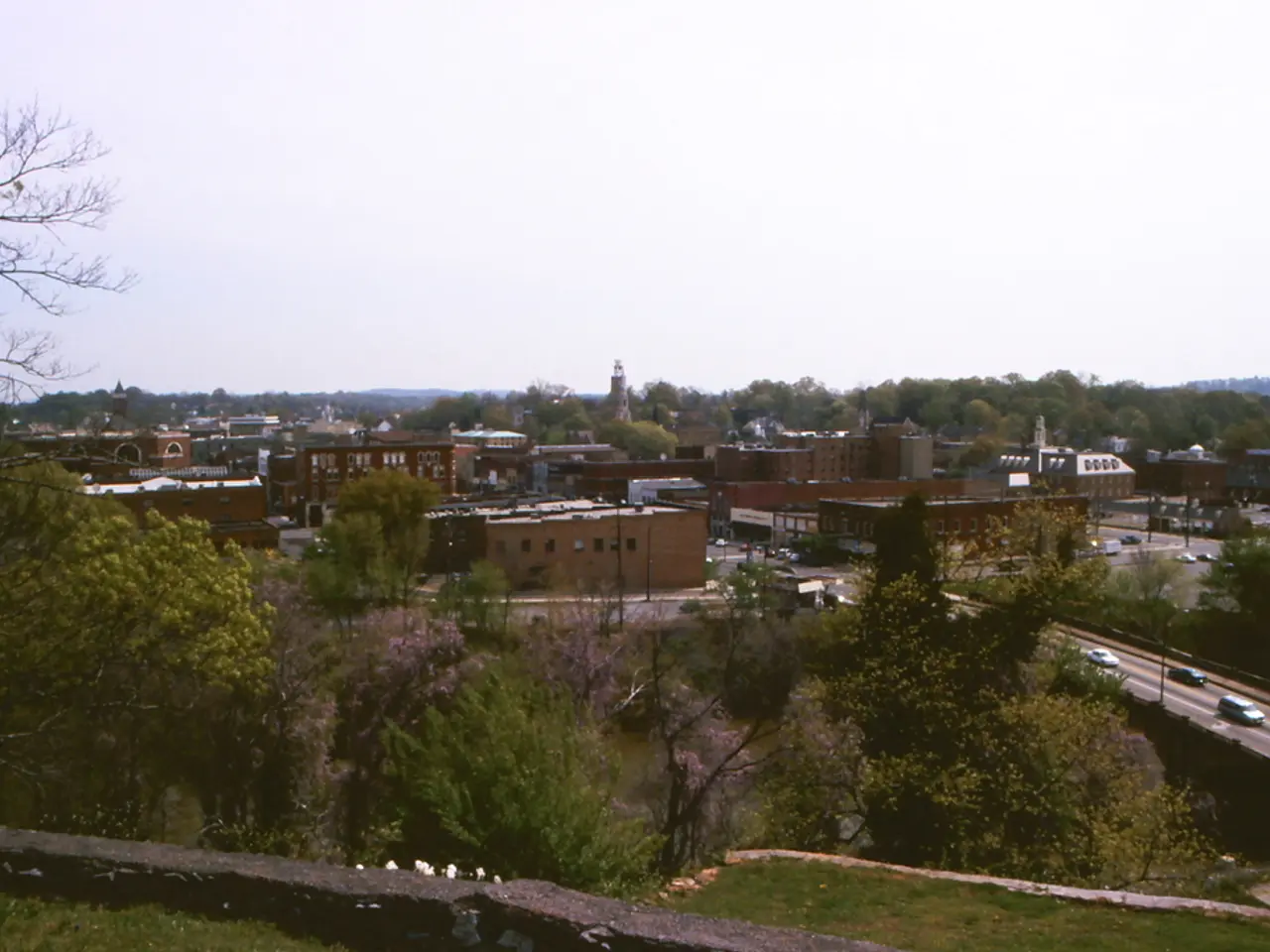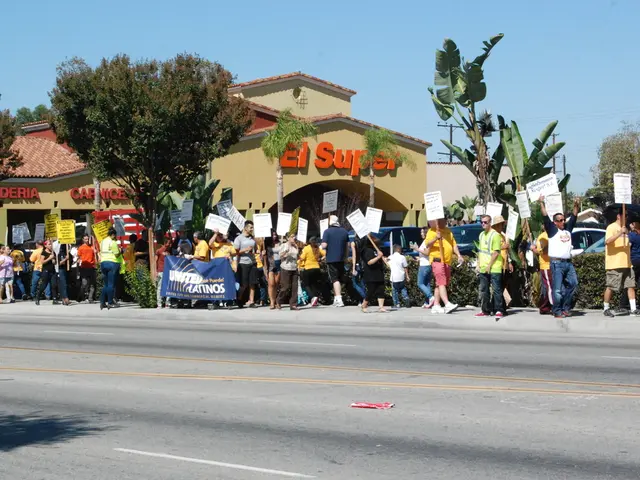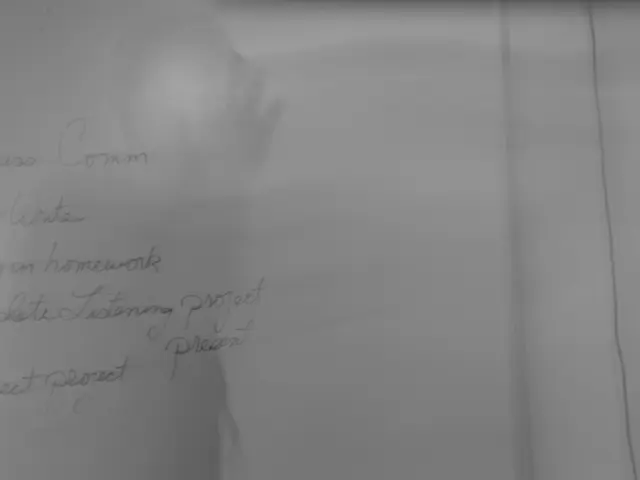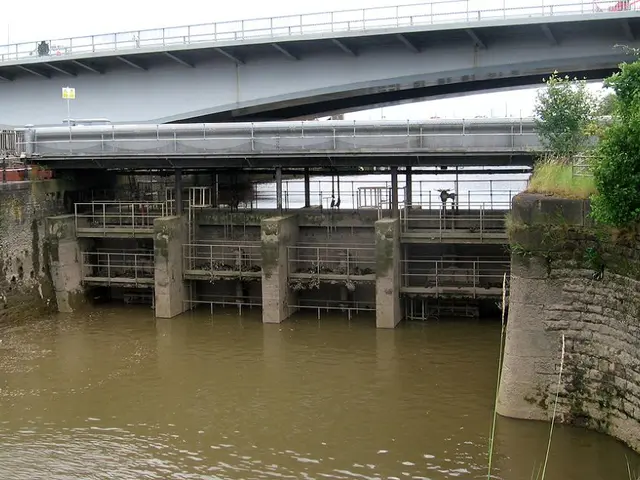100 Children Build Democracy in Wuppertal's Mini City
In Wuppertal, 100 children aged eight to twelve have created their own city, aiming to learn about democracy and urban life. The project, organized by the Catholic Young Community (KjG), sees children making decisions, working, and voting on issues like tax cuts. The children's city project, coordinated by Sabine Felder, features government offices, businesses, and even traffic signs designed by the young participants. Children drive pedal cars, requiring a special license, and manage traffic using traffic lights. All decisions are made through direct democracy, with every child's vote counting. The project culminates in a 'state reception', where adult politicians visit the children's city. Here, they witness firsthand the children's understanding of governance and urban planning. The children spend their time in various businesses within their city, gaining practical experience in everyday urban life and the democratic process. The children's city project in Wuppertal successfully teaches children about democracy and urban life. Through their experiences, they learn the importance of decision-making, voting, and the responsibilities of citizenship. The project concludes with a 'state reception', showcasing the children's achievements to adult politicians and the wider community.
Read also:
- American teenagers taking up farming roles previously filled by immigrants, a concept revisited from 1965's labor market shift.
- Weekly affairs in the German Federal Parliament (Bundestag)
- Landslide claims seven lives, injures six individuals while they work to restore a water channel in the northern region of Pakistan
- Escalating conflict in Sudan has prompted the United Nations to announce a critical gender crisis, highlighting the disproportionate impact of the ongoing violence on women and girls.




